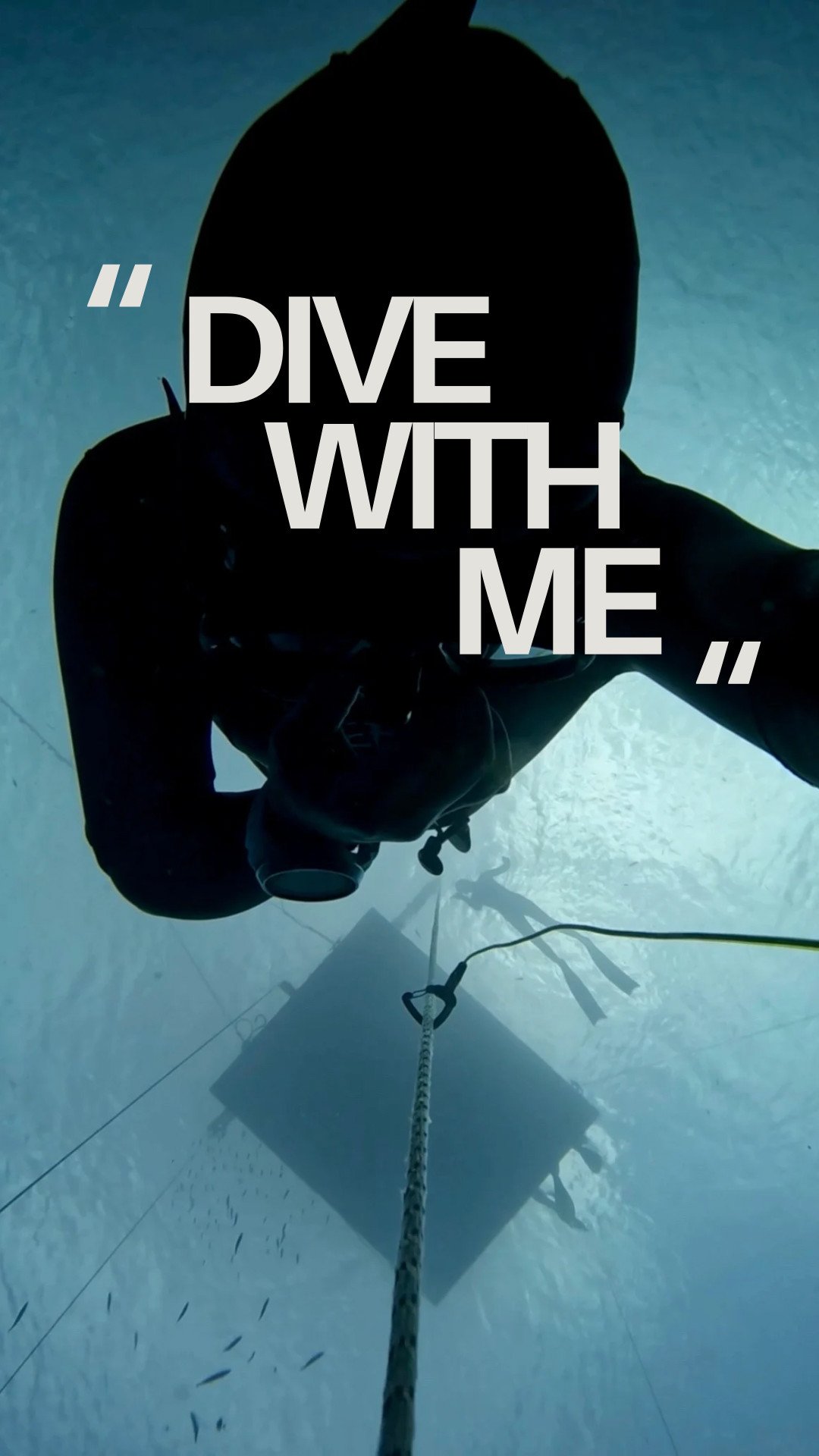Poetry
Upside Down - a trauma-informed poem by Bingqian Gao
“Upside Down” was born out of a deeply personal experience - one of corporate injustice and disillusionment. This poem explores the darkness we face in society, drawing on the metaphor of freediving.
Dive With Me - Freediving Poem by Bingqian Gao
Dive with me into the blue unknown
Where the sea's mysteries
are in the hearts of our own
Despair - David Whyte
Despair is a difficult, beautiful necessary, a binding understanding between human beings caught in a fierce and difficult world where half of our experience is mediated by loss, but it is a season, a wave form passing through the body, not a prison surrounding us. A season left to itself will always move, however slowly, under its own patience, power and volition.
From One To They - Radha Devaraj
They say we need to smile, but together, they smother a smile
They say team, but together, they exclude one
They say collaboration, but together, they make it a nightmare for one
They say flexibility, but together, they are rigid for one
They say empathy, but together, they are cruel for one
I Love My Wife, My Wife Is Dead - Richard Feynman to Arline Feynman
Richard Feynman was one of the best-known and most influential physicists of his generation. In the 1940s, he played a part in the development of the atomic bomb; in 1986, as a key member of the Rogers Commission, he investigated the Space Shuttle Challenger disaster and identified its cause; in 1965, he and two colleagues were awarded the Nobel Prize “for their fundamental work in quantum electrodynamics, with deep-ploughing consequences for the physics of elementary particles.” He was also an incredibly likeable character, and made countless other advances in his field, the complexities of which I will never be able understand.
In June of 1945, his wife and high-school sweetheart, Arline, passed away after succumbing to tuberculosis. She was 25-years-old. 16 months later, in October of 1946, Richard wrote his late wife a heartbreaking love letter and sealed it in an envelope. It remained unopened until after his death in 1988.
The Invitation - Oriah Mountain Dreamer
It doesn’t interest me what you do for a living. I want to know what you ache for and if you dare to dream of meeting your heart’s longing.
All This I Did Without You - Gerald Durrell to Lee McGeorge
All this I did without you. This was my loss.
All this I want to do with you. This will be my gain.
Ocean of Forms - Rabindranath Tagore
No more sailing from harbour to harbour with this my weather-beaten boat








